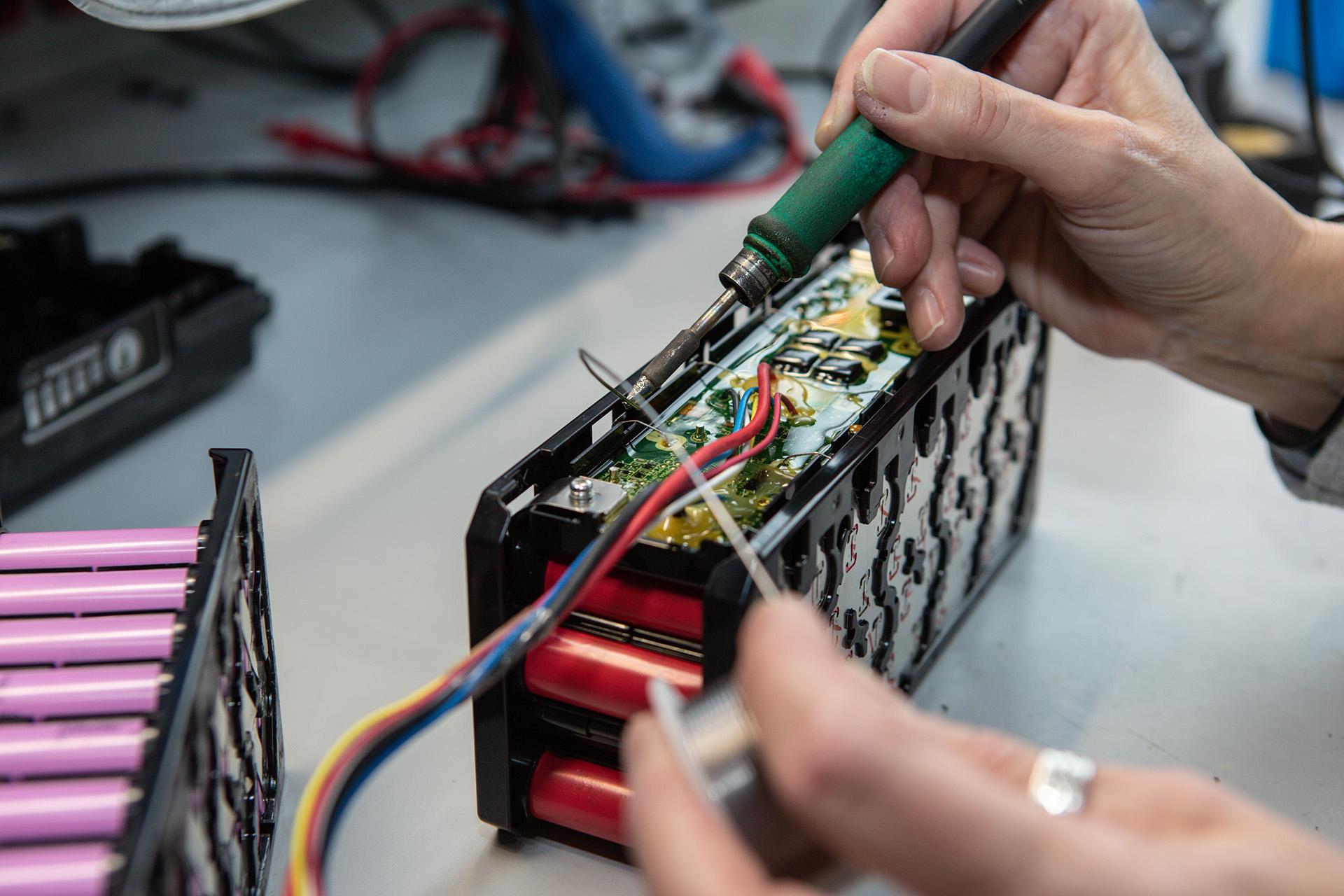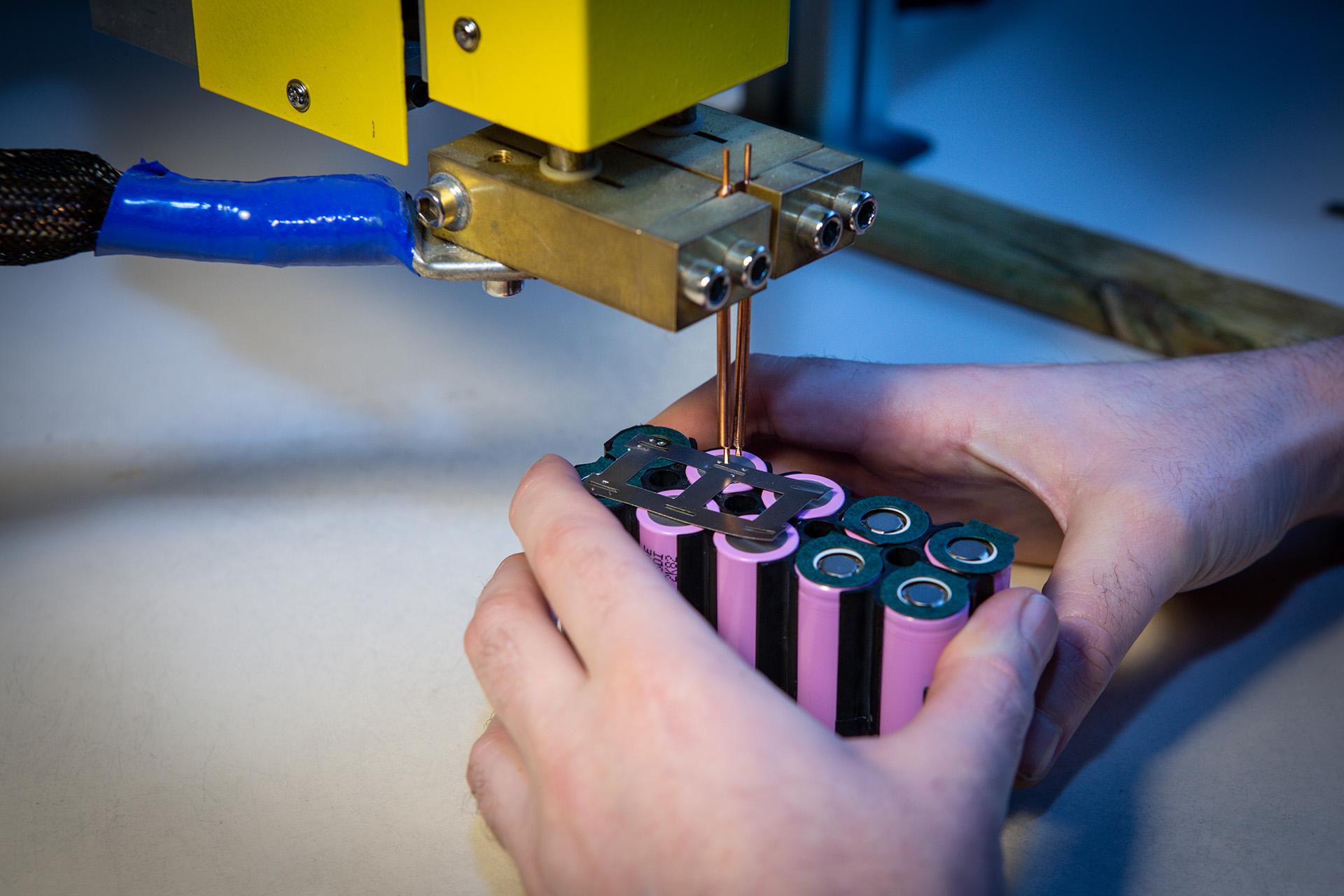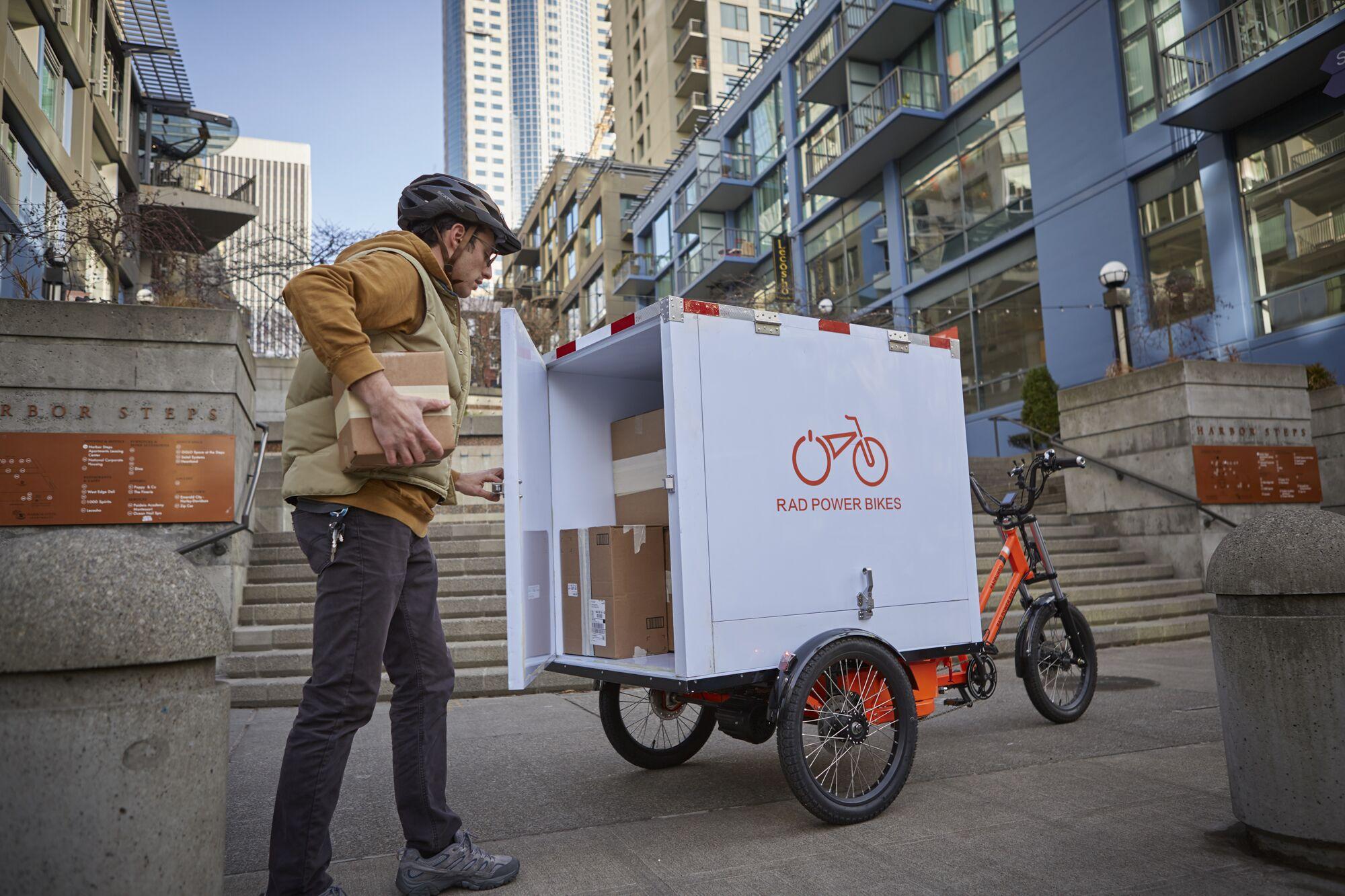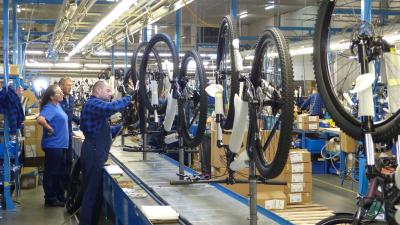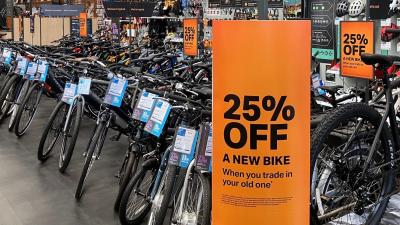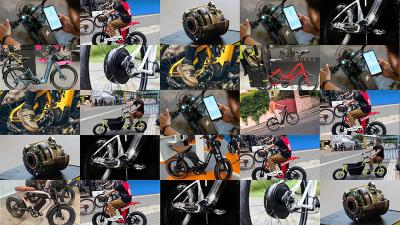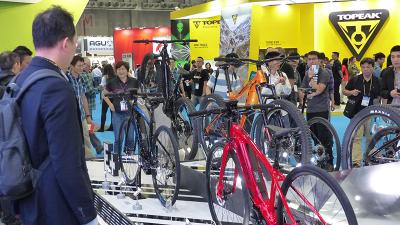All pages

1
E-bikes changing legal landscape
Cover and contents
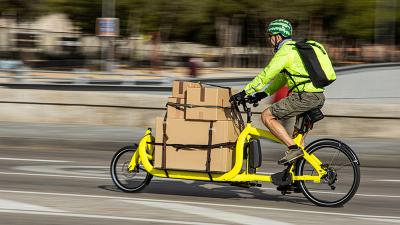
2
Cargo bike standard a step closer to finalisation
The Dutch standardisation committee and European stakeholders are developing the draft of a new standard for cargo bikes.

3
DDK VM fit
Saddles recommended for e-bikes
4
Europe awaits finalisation of battery regulations overhaul
Developing a competitive and sustainable batteries industry in Europe is regarded as urgent and the wait is almost over.
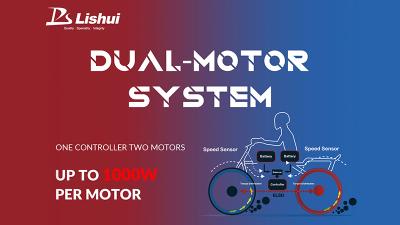
5
Lishui Dual Motor System
Lishui Controller will attend 2023 China Cycle show
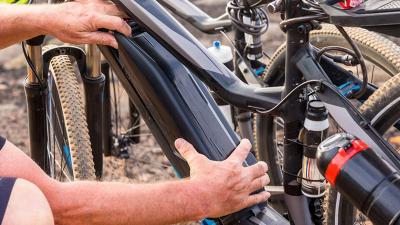
6
CONEBI flags concern for e-bike battery repairs
In a position paper CONEBI states that is a strong supporter of only using original OEM certified batteries on e-bikes.

7
BMZ group introduces V10 battery
‘We designed our battery with durability in mind’
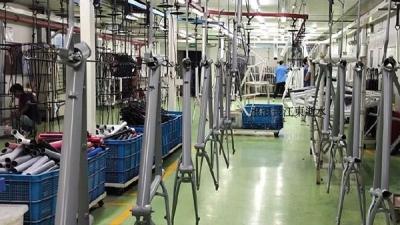
8
EU Commission lowers anti-dumping duties for Giant Kunshan
EC imposes anti-dumping and anti-subsidy duties on e-bikes from China made by Giant Electric Vehicle (Kunshan) Co., Ltd.

9
Suzhou Shengyi Motor
E-bike motor and system manufacturer
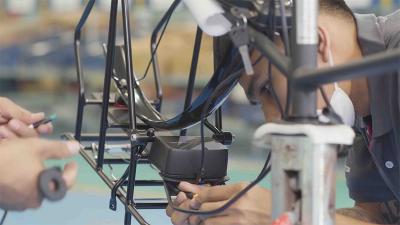
10
FTA to push Thailand as bicycle supplier
An FTA between the EU and Thailand could result in another push for the already growing bicycle production in South-East Asia.

11
Mivice
Finest Riding Technology
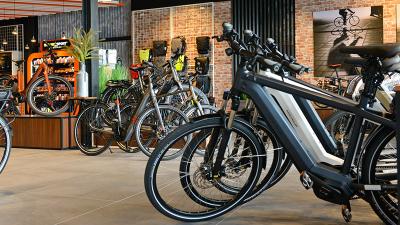
12
Reform of EU Competition law completed
What is important for the bicycle sector to know about this law which will be in force for the next 12 years?
All editions
Search
Search, through all Editions
